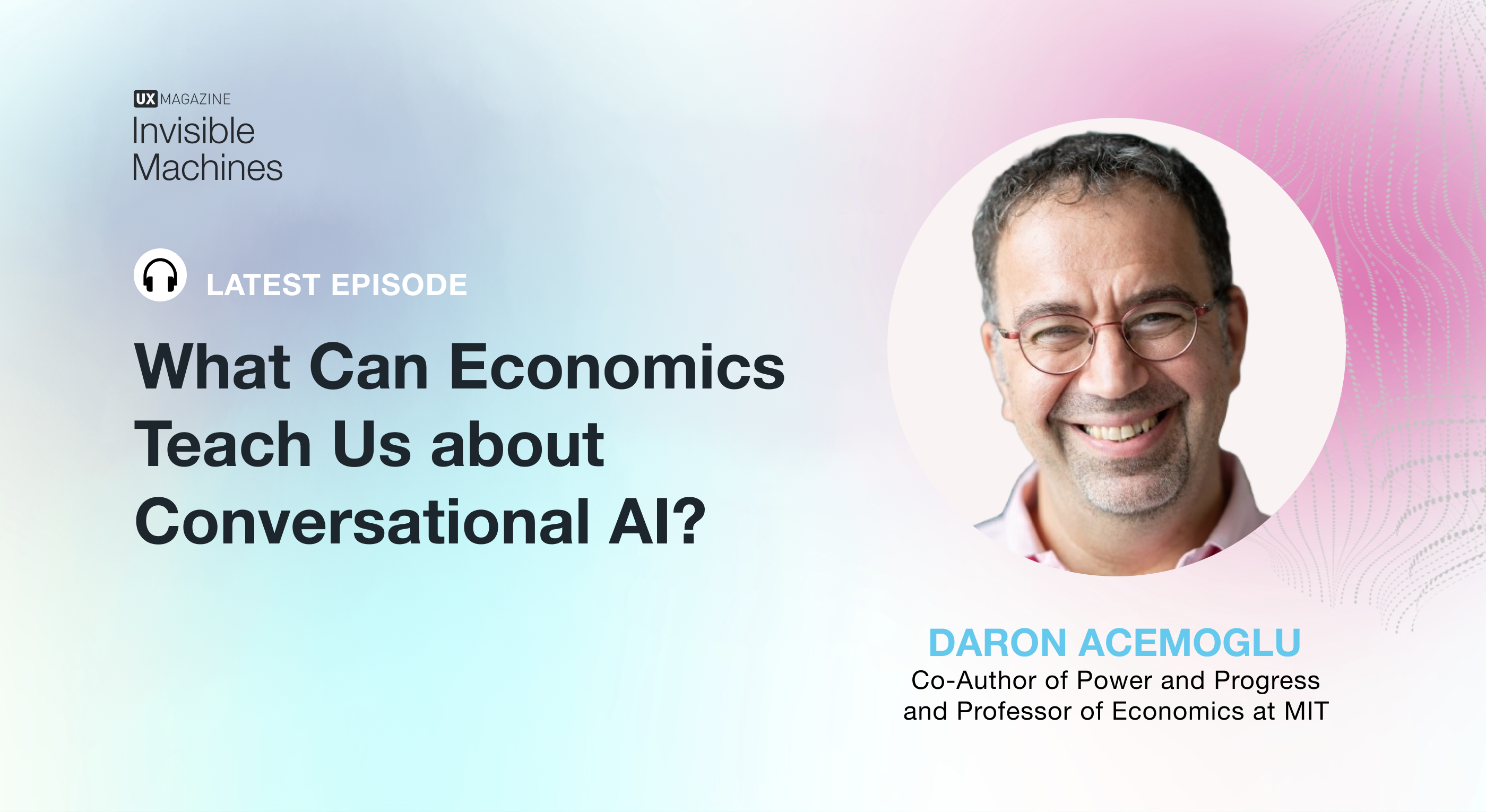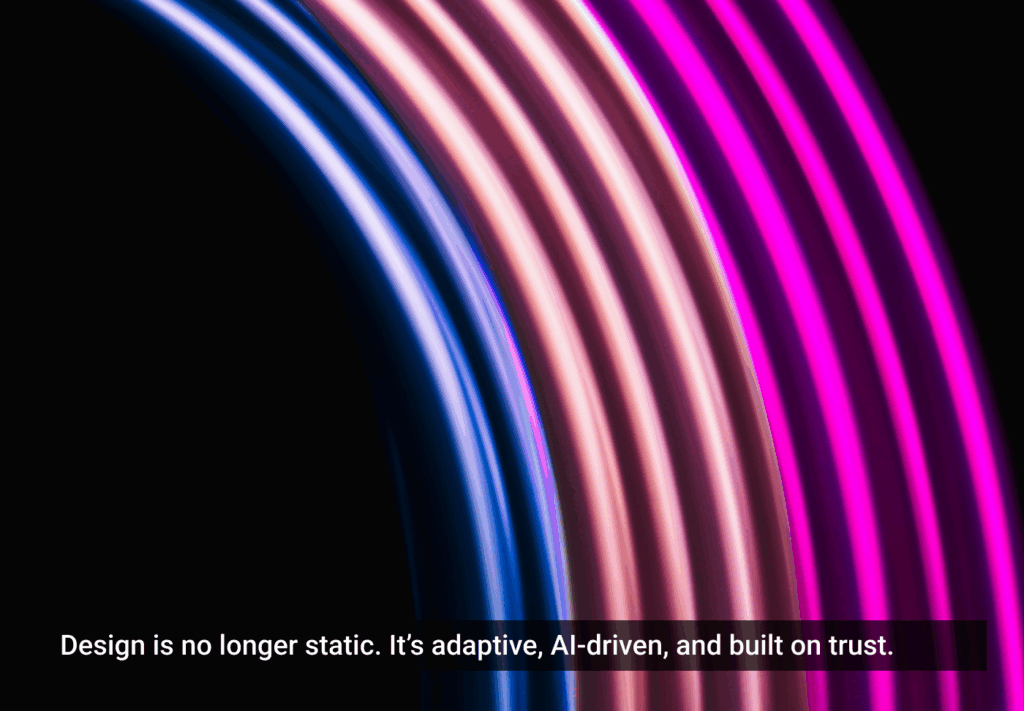Invisible Machines welcomes Daron Acemoglu—Institute Professor of Economics at MIT and co-author Power and Progress—for a fruitful conversation about the ways hyper automation will affect systems and individuals at every level of society. Daron’s work has explored our thousand-year struggle with technology and prosperity and he joins Robb and Josh to uncover the ways we can incentivize the changes that will improve our relationship to productivity.
The trio also explores the layers of centralization that we need to think about in the wake of generative AI, how we can challenge the norms associated with our personal data, and why we can’t let Wikipedia falter. Don’t miss this provocative episode with Daron Acemoglu.
Listen to the episode here.








